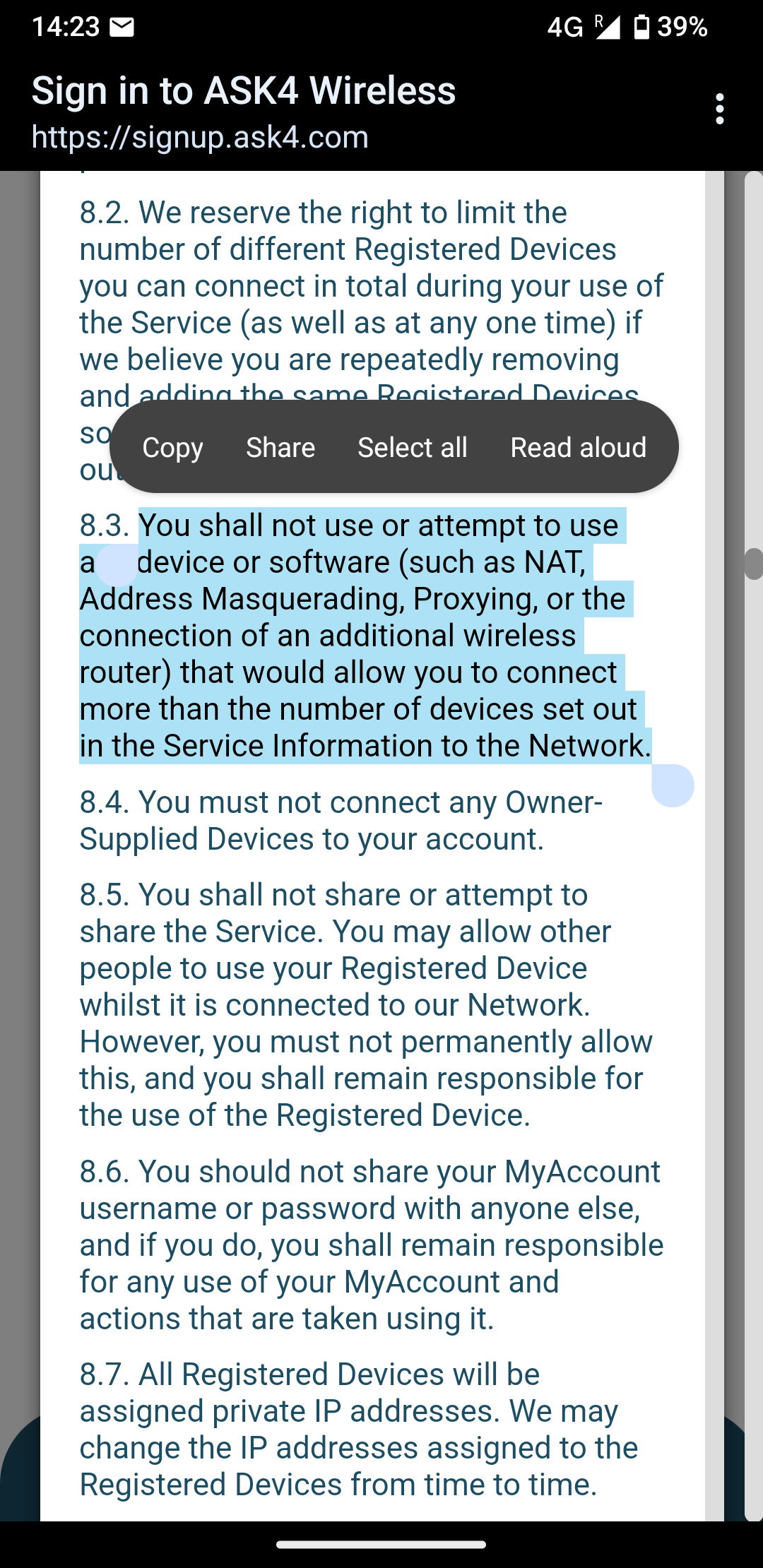this post was submitted on 07 Sep 2024
472 points (92.6% liked)
Technology
59627 readers
3303 users here now
This is a most excellent place for technology news and articles.
Our Rules
- Follow the lemmy.world rules.
- Only tech related content.
- Be excellent to each another!
- Mod approved content bots can post up to 10 articles per day.
- Threads asking for personal tech support may be deleted.
- Politics threads may be removed.
- No memes allowed as posts, OK to post as comments.
- Only approved bots from the list below, to ask if your bot can be added please contact us.
- Check for duplicates before posting, duplicates may be removed
Approved Bots
founded 1 year ago
MODERATORS
you are viewing a single comment's thread
view the rest of the comments
view the rest of the comments

Not all that surprising. I don’t know of any network manager who’d happily allow rogue routers on their network, particularly if you still have it configured as a DHCP device and not a pass through device, which most college students do not consider and will very much disrupt campus network performance.
I'd be happy to set my device to passthrough mode, but I think the ISP prevents peer-to-peer connections (which my laptop would make to the VR headset) unless you buy one of their plans for Chromecast/smart TVs. Would that prevent it from working? And would I still be able to connect multiplw devices despite their one-device limit?
It’s hard to say without knowing all the details of how the college configures their network. Back when I was in college, I had a student job with the campus’ IT department, and students running into issues getting all their devices connected was a regular issue at the start of every year.
The main problem with most college networks is that you’ve typically got an enterprise setup that’s also having to double as home internet service for those living on campus. Depending on when the network was built it was likely only planning for students to have a laptop, maybe a desktop too, as opposed to modern times when just about every electronic device has an internet connection.
Some things just may not work like they did at home.
That's fair yeah. In my case the dorms are a separate unrelated company from the uni (they just have a partnership) and the ISP is yet another third party that did the install and sells extras to each student. I think it's pretty scummy since I read my whole dorm contract and it never said this would be a condition to the "free fast wifi" access.
Eww, yeah, that sounds like a crappy setup to milk more money from students with no other option - especially if you’ve got student aid requiring you to live in school housing.
You may want to see about getting your own wireless carrier internet service. Not the best solution, but at least it would be yours and unrestricted.
I'm only staying for a semester (via Erasmus, or what remains of it post-Brexit) so while I did consider this I don't think it's very viable.
Fair enough. My recommendation would be set the router to pass through and see if it works. Just secure the wireless network created by your AP - be a responsible network policy violator!
I don’t really have any other ideas that wouldn’t involve additional hardware, which doesn’t make much since give the short time you’ll be there.
Is there a limit to the number of devices allowed to connect that this rule is trying to enforce?
Either way, if the vr headset doesn't need internet connection you could connect your computer to the internet wirelessly and to your own router via cable for vr.